This blog series continues with the future according to Secular Humanism. Different worldviews have solutions to make life better on planet Earth. These worldviews will be explained so you can understand your world better. Moreover, you will be able to explain the real solution to our problem: Jesus Christ, the Savior from the world’s sinfulness. According to [&hellip
With a new year approaching comes new hope. There is renewed optimism and resolutions to begin life anew. To that end, various worldviews have solutions to make life better on planet Earth. Over the next months, these worldviews will be explained so you can understand your world better. Moreover, you will be able to explain [&hellip
Part 3 of this series on the New Age explores the ethical standards of right and wrong. Because everything is God in New Age thinking, we are part of God. Therefore, we can determine what is right and wrong. This is also known as moral relativism. This has to be the case, since New Age thought [&hellip
This is the second part of a series on New Age belief. The first part examined the starting assumption that God is all things in the universe. Since God is all things, the philosophy of New Agers is called Non-naturalism. It rejects naturalism (everything is matter). This New Age theology assumes that God is, so [&hellip
Christian Apologetics and Research Ministry explains that the New Age movement has many subgroups, but it is generally a collection of Eastern beliefs like Hinduism and Buddhism. It’s a mix of “correct thinking”, “universal tolerance,” and hope. And the hope lies in evolution. In seeking the perfect society, Secular Humanists trust a world government while [&hellip
After examining the origin of Halloween traditions of dressing up and getting treats, let’s turn our attention to two more groups that celebrate on October 31st: Wiccans and Satanists. For Wiccans, this is day to contact the dead. Much like Druid belief, the dead are most accessible on this day. For an explanation of contacting [&hellip
Halloween is a unique holiday. Many people wear costumes, get candy, and carve pumpkins, but have no idea why. Today’s blog will answer that. First, the word “Halloween” is a contraction of the words “All Hallow’s Eve”, the name given to October 31 as the day before All Saints Day, which is November 1. The [&hellip
Occult practices are very intriguing. Are things such as casting spells, predicting the future, and contacting the dead actually real? Are these practices against God’s will or not? Part 4 of this series examines seances and the contacting of the dead. God forbids the contacting of the dead in Deuteronomy 18:9-13. This is for two reasons. First, [&hellip
This series of blogs continues to examine occultic practices. People cast spells, predict the future, and contact the dead? What is a biblical response to these practices? Deuteronomy 18:9-13 says, “When you enter the land the Lord your God is giving you, do not learn to imitate the detestable ways of the nations there. Let no one [&hellip
The topic of the occult fascinates us. Are practices such as casting spells, predicting the future, and contacting the dead actually real? Can a Christian be involved in these practices? If not, why not? Part 2 of this series examines divination, or predicting the future. There are various ways that people predict the future. These include, [&hellip









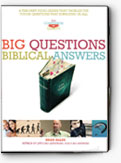
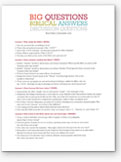
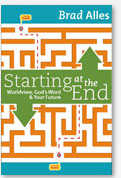
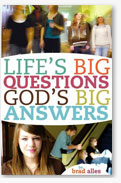
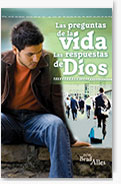






0
Comments
Add